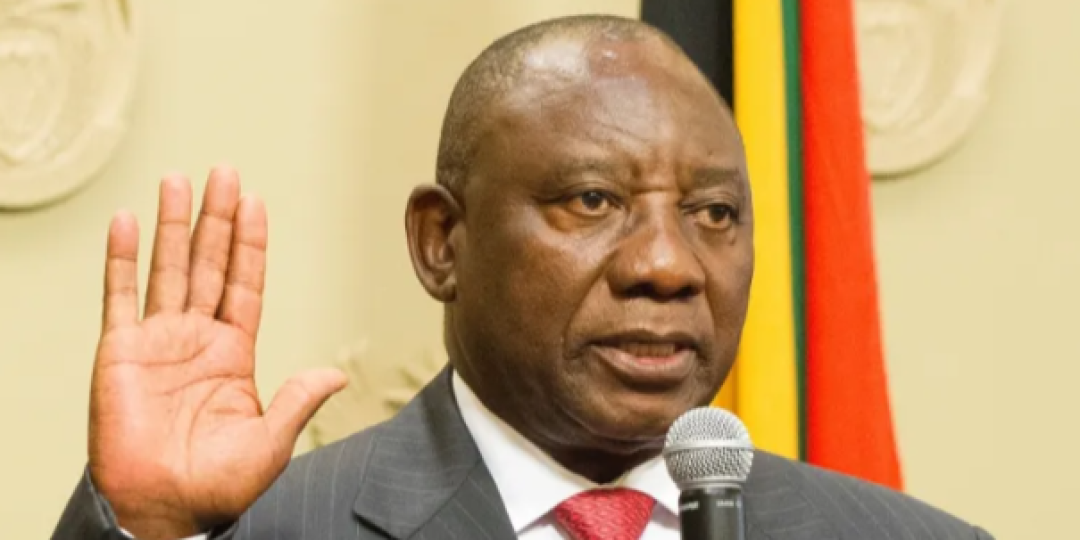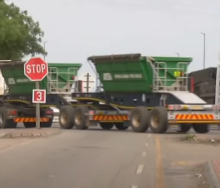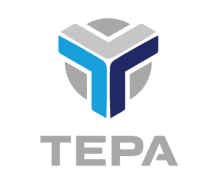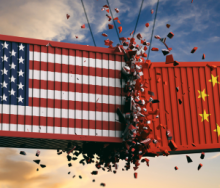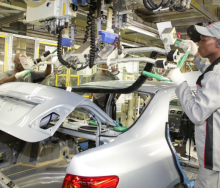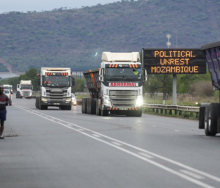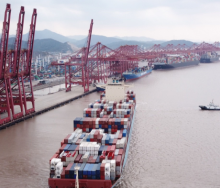In his Opening of Parliament Address in Cape Town on Thursday night, President Cyril Ramaphosa was somewhat spare on specifics about how the Government of National Unity intended to fix the country’s logistics network, especially for the sake of multimodal efficiency.
He did, however, say that to “drive inclusive growth, we need an efficient freight rail network to carry our minerals, agricultural produce and manufactured goods to market”.
Relying mostly on initiatives such as the Freight Logistics Roadmap, born out of the National Logistics Crisis Committee (NLCC), Ramaphosa said it was through that plan’s implementation that “we will continue with reforms to transform South Africa’s freight logistics system.
“The work we are doing with business and unions through the NLCC has already contributed to improvements in the operational performance of freight rail and ports.”
Ramaphosa made no mention of the fact that hours earlier the African Development Bank (AfDB) had announced that it had approved an R18.5-billion loan to Transnet for the state-owned logistics company’s recovery plan.
The AfDB said the loan was intended to fund the initial phase of a R152.8bn capital investment plan to repair, improve and expand a key infrastructural feature of South Africa’s logistical value chain.
Business Day reports that “the AfDB said it was considering two additional grants to Transnet, including R13.6m from the bank’s technical support for the Sustainable Energy Fund for Africa and an R18m infrastructure project preparation facility of the New Partnership for Africa’s Development.”
Although it was expected that Ramaphosa would speak in broad strokes about a number of crucial infrastructural and socioeconomic issues, which he did, it was indicated yesterday that the logistics and supply chain industry needed reaffirmation of the government’s commitment to assist the country’s cargo community.
Ahead of Ramaphosa’s speech, the CEO of the South African Association of Freight Forwarders, Dr Juanita Maree, said the organisation “would like to see that the new Government of National Unity’s five-year plan place a real focus on the real drivers of economic growth, namely a stable and affordable electricity supply, low crime rates and a highly functional logistics system.”
Maree, who serves on the NLCC, specifically mentioned that “currently the performance of the logistics system is suboptimal, and it will require hard work in a unified fashion to deliver on the 5% GDP growth potential that is currently being sacrificed after many years of neglect and mismanagement.
“Building on the vision of the reimagined railway system promised by the National Rail Policy that was adopted by Cabinet in March 2022, we need to expand the transformation to all the adjacent but connected components such as inland and seaside terminals, ports and road transport.
“The realisation of regional and international trade policies depends on the restoration, development and actualisation of our logistics infrastructure to deliver on its inherent potential.”
